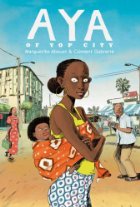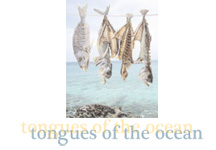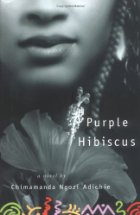"On the Wreck of the Henrietta Marie"
Accepted by The Caribbean Writer.Now this is a poem that has been hanging around my Writing folder for four years or so. Inspired by a conjunction between the travelling exhibition of the slave ship that re-opened the Pompey Museum after the 2001 Market Fire and an in-depth poetry workshop session over at the Poetry Free-For-All, it made the rounds of the appropriate journals. I thought -- wrongly -- that it might get picked up two years ago, when commemorating slavery and its detritus was a year-long affair, but it didn't. I'd almost given up on its being published, not being too sure what was not-right about it and not knowing what to do about it. I'm a big one for letting a poem be, of knowing when something's finished (or ought to be finished), of letting the time pass when it ought to, and after several years of honing and tweaking it seemed to me that "Henrietta Marie" was finished. This year, I pulled it back out, dusted it off and polished it a bit, and then sent it off with four others to The Caribbean Writer. And last month, managing editor Quilin Mars let me know they wanted to publish it.Well, yay, I say. And to others inclined to see rejection slips as always being about the quality of the work (sometimes they are, but not always; sometimes the work doesn't fit the publication), I pass on the writer's advice: never give up, never. The one that publishes you is almost always the last one you try.Here's a bit of it:
I. Vendue House/Pompey Museum, Nassau, BahamasCome. Stand in a place to sell slaves where planters, farmers, businessmenbought planters, farmers, businessmen. Just there, a crier stoodbefore a block. An African stood upon it. Shackles and lockstrammelled black legs that ached from the straightening.
Go buy The Caribbean Writer Vol 23 if you want to read more.





